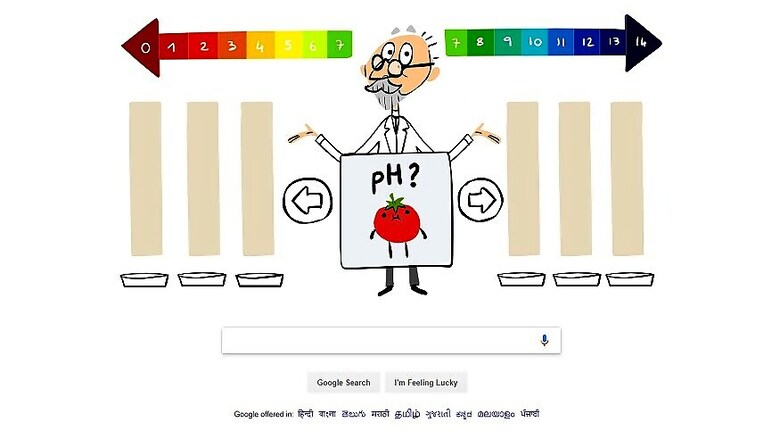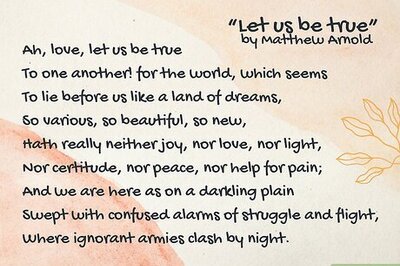
views
Google on Tuesday celebrated Danish chemist Soren Peder Lauritz Sorensen who introduced the pH scale to the world with an interactive Doodle. Sorensen's method of expressing acidity -- the negative logarithm of hydrogen ion concentration (pH) -- still has a wide range of real-world uses. For example, in agriculture, the pH value can indicate the moisture associated with a soil, which can reveal what crops are suitable for the soil and what adjustments farmers must make to adapt it for growing any other crops.
Born in Haurebjerg in 1868, Sorensen was initially interested in studying medicine at University of Copenhagen. But he eventually spent more time studying chemistry and obtained his PhD in 1899. Sorensen did most of his research in Carlsberg Laboratories. He became the director of its chemical section in 1901. While at Carlsberg, Sorensen started to study amino acids, proteins and enzymes.
Also read: Watch Live: Vivo X21 With In-Display Fingerprint Sensor to Launch Today
As hydrogen ion concentration played a key role in enzymatic reactions he devised a simple way of expressing it, according to EuCheMS, the European Association for Chemical and Molecular Sciences. He found that by taking a negative logarithm of hydrogen ion concentration a convenient scale can be established. This is the well-known pH value. He also developed buffer solutions to maintain constant pH of solutions (Sorensen buffers), EuCheMS noted in a short biography of the scientist in its website.
The Google Doodle on Tuesday allows users to see for themselves the pH value of different food items, including tomatoes and eggs in a scale of 1 to 14. Sorensen retired from his post at Carlsberg in 1938. He died in Copenhagen in 1939.
Watch: Karbonn Titanium Frames S7 Review: A Decent Budget Deal




















Comments
0 comment